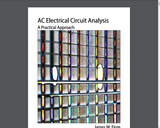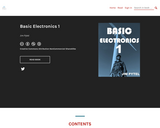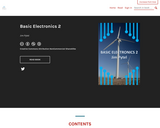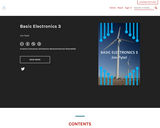
23 Things is a suite of 23 self-paced online modules that cover a range of topics from video editing to basic coding. Each module or 'thing' consists of information, interactive activities, and invitations to try out various open and free software applications and technologies. The modules have been created using H5P and can be downloaded individually as a single H5P file, modified and re-used under a CC-BY-SA licence - simply click on the 'reuse' link at the bottom of each module.
The content was created by Curtin University students as part of a 'students as partners' project.
- Subject:
- Applied Science
- Career and Technical Education
- Education
- Educational Technology
- Electronic Technology
- Higher Education
- Information Science
- Material Type:
- Full Course
- Interactive
- Author:
- Curtin University Library
- Date Added:
- 12/04/2020







